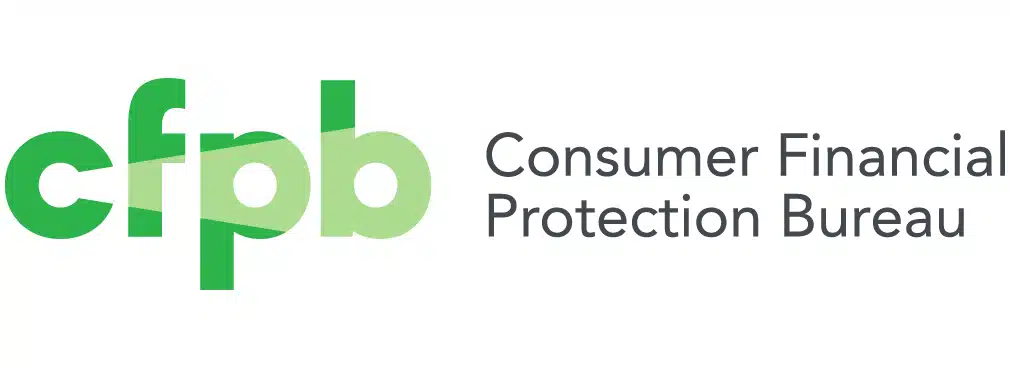The Consumer Financial Protection Bureau is looking at creating a rule to define so-called larger companies in the consumer-payments industry, according to a notice the regulator posted on Tuesday.
The rule if established would clarify the CFPB’s supervisory authority with respect to nonbank payments companies, lending more impetus to a recent trend at the agency toward more active rulemaking in payments. The agency has over the years established similar definitions of larger companies in other financial markets.
How the CFPB will define “larger companies” in payments remains to be settled. But it will be a closely watched development, as it will set the boundaries for how far the agency’s reach may extend. The agency’s post, which appears on a Web site of the Office of Management and Budget, says, “[t]he CFPB has defined larger participants in several markets and is considering issuing additional regulations to define further the scope of the CFPB’s nonbank supervision program. In particular, the CFPB is considering rules to define larger participants in markets for consumer payments.”

The reference to “larger participants” to establish the agency’s scope stems from section 1024 of the Dodd-Frank Wall Street Reform and Consumer Protection Act, also known as the Dodd-Frank Act, which was enacted in July 2010 and authorized creation of the CFPB. In the past, number of customers and total revenue have been among criteria the bureau has used in efforts to map the boundaries of larger companies.
Payments organizations and lobbyist groups are taking a cautious approach to these early moves by the CFPB to define larger payments companies. “ETA supports the concept of same activity, same risk, same regulatory outcome and encourages the CFPB to continue to work towards a positive policy environment that encourages continued innovation,” says a spokesman for the Electronic Transactions Association, a Washington, D.C.-based payments group with some 500 member companies, in reacting to the bureau’s OMB post.
The bureau has become significantly more active in investigating payments practices since the appointment in October 2021 of Rohit Chopra as executive director. Since taking over, Chopra has directed investigations of such matters as buy now, pay later loans, open banking, and credit card late payments.
The bureau is contesting a ruling in October from the United States Court of Appeals for the Fifth Circuit that invalidated a rule covering payday loans. The ruling was based on the court’s reasoning that the CFPB’s funding, which stems from the Federal Reserve rather than Congress, insulates the agency from public control.




